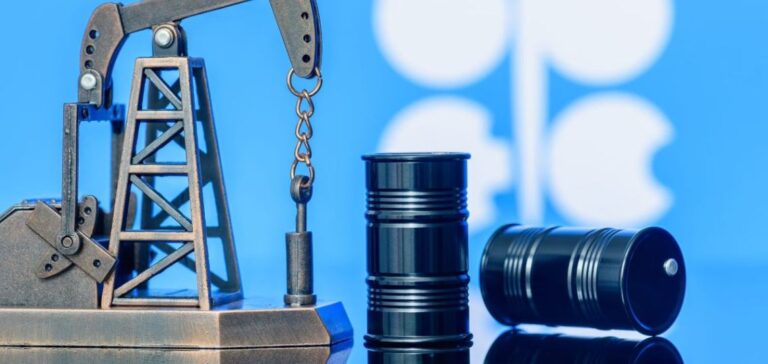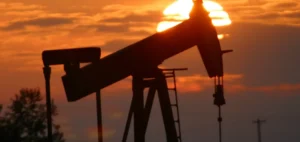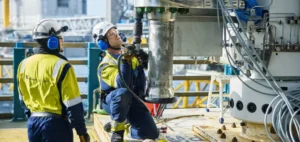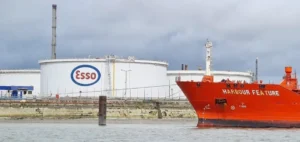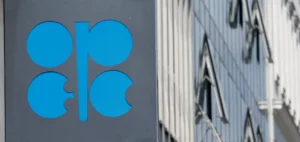The Organisation of the Petroleum Exporting Countries and its allies (Opec+) announced a gradual reintroduction of oil production starting from April 2025, according to a statement released on March 3, 2025. The cartel decided to increase production after several months of supply restrictions, which had been imposed to maintain high oil prices. The stated goal is to reintroduce 2.2 million barrels per day gradually, with an additional 120,000 barrels per month for the next 18 months.
This decision had an immediate impact on the market. The price of Brent, the benchmark for oil in Europe, Africa, and the Middle East, fell below $70 per barrel, reaching its lowest level since September 2024, at $69.75. This drop is directly linked to the resumption of production, which could lead to an oversupply in the global market. According to analysts from DNB, this situation could push prices down to a range between $60 and $70 per barrel, exacerbating the existing oversupply.
A strategic shift from Opec+
Until now, Opec+ had postponed increasing production three times when the price of Brent had dropped below $75. However, cartel members indicated that market conditions justified the reopening of production. Saudi Arabia, Russia, Iraq, the United Arab Emirates, Kuwait, Kazakhstan, Algeria, and Oman are the main countries involved in this increase in production.
Analysts point out that Russia, in particular, played a key role in this decision. While Vladimir Putin’s objective appears to be to support negotiations over Ukraine, Russia’s oil strategy could also be responding to pressure from international actors, including the Trump administration. The latter had expressed a desire to see lower oil prices to combat inflation in the United States. According to Arne Lohmann Rasmussen, an analyst at Global Risk Management, the signing of a “favourable” agreement for Russia on Ukraine could have influenced this reopening of production.
International pressure on Opec+
The decision to increase production is not only linked to internal Opec+ demand but also to external pressures. Former US President Donald Trump publicly urged the cartel to increase production to lower energy prices. During the World Economic Forum in Davos in January, Trump stated, “I will ask Saudi Arabia and Opec to lower the cost of oil.” This pressure may explain Opec+’s decision to accelerate the reintroduction of barrels into the global market.
At the same time, US policy towards Venezuela and Iran has also had an impact on this decision. The Trump administration’s move to cancel Chevron’s operating licence in Venezuela, which could reduce production by 100,000 barrels per day, created space for an increase in Opec+ production. Furthermore, pressure on Iran to reduce its oil exports could also help free up space for Opec+ producers without significantly increasing prices.
Implications for market balance
Although some Opec+ members have long wanted to increase production, this decision carries risks. Countries like Iraq and Kazakhstan have consistently produced above their quotas in recent months, which has created compliance issues within the group. This new policy could lead to a new dynamic within Opec+, with an increased risk of divergence among cartel members.
US producers, meanwhile, are particularly vulnerable to a prolonged price drop. According to Jorge Leon of Rystad Energy, a drop in prices below $60 per barrel could make certain shale oil fields unprofitable, thereby threatening the profitability of many American producers. This situation highlights how delicate Opec+ must maintain the balance between satisfying its members’ interests while avoiding a crisis in the global oil market.


